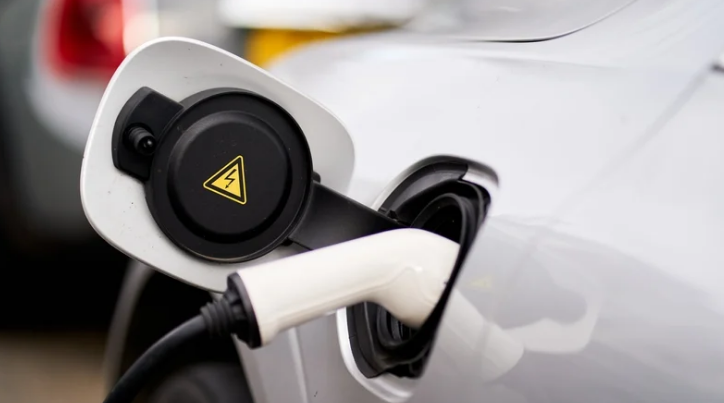A groundbreaking initiative designed to tackle one of the key barriers to electric vehicle (EV) ownership in Ireland has been launched by EV charging provider EasyGo in partnership with the Department of Transport.
The new Shared Charging Initiative, a first-of-its-kind national pilot, allows homeowners to share their private EV chargers with neighbours and members of the public through the EasyGo platform. The scheme is specifically aimed at helping those in urban and suburban areas who lack access to off-street parking and, by extension, reliable home charging.
The pilot programme will initially be rolled out in selected areas including Kilcock, Co Kildare; Dingle, Co Kerry; and the Dublin neighbourhoods of Finglas, Stoneybatter, and Phibsborough.
Homeowners in these areas can apply to join the scheme through the EasyGo website. If successful, they will receive an EasyGo EV charger free of charge and will be able to make it available for public use through the platform. The model aims to build a community-powered charging network that complements public infrastructure and supports equitable access to clean transport.
EasyGo CEO Ollie Chatten described the initiative as a step toward “inclusive, scalable charging access” that empowers communities to take part in the country’s transition to low-emission transport. “This scheme has the power to reshape how communities think about EV infrastructure,” he said.
Transport Minister Darragh O’Brien welcomed the launch, describing it as a “practical, inclusive, and forward-thinking initiative” that taps into local participation to meet national climate goals. “By enabling homeowners to share access to EV chargers, the Shared Charging Scheme strengthens the resilience and accessibility of Ireland’s charging network,” he said.
Internationally, similar shared charging models have shown success in easing pressure on public charging stations and encouraging EV uptake in densely populated areas. EasyGo hopes the Irish pilot will not only help close infrastructure gaps but also generate data to inform broader EV policy and planning as the country works toward its carbon reduction targets.
The pilot will run throughout 2025, with findings to be reviewed ahead of a potential national rollout. Interested homeowners in the designated areas are encouraged to apply online.

















